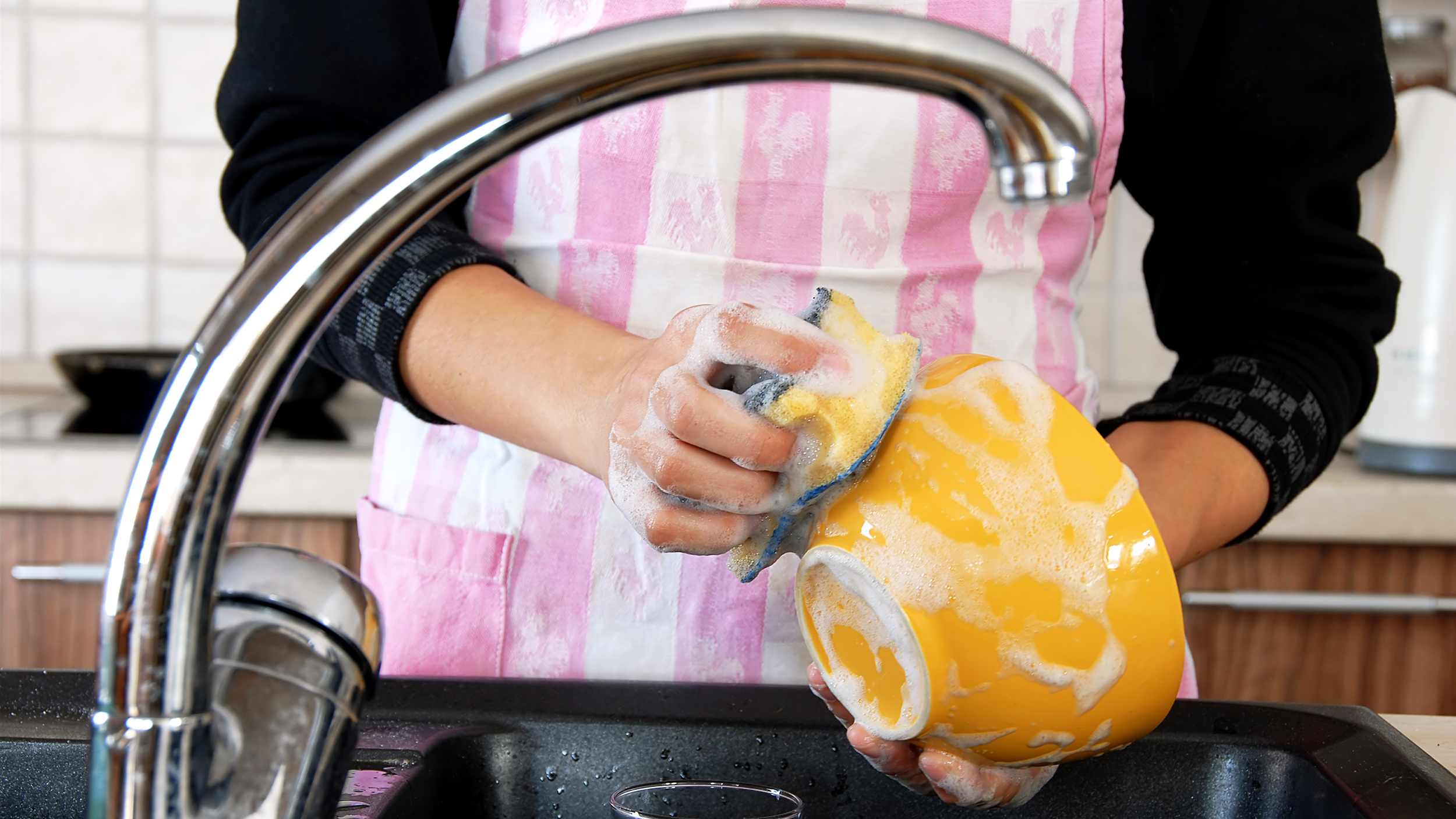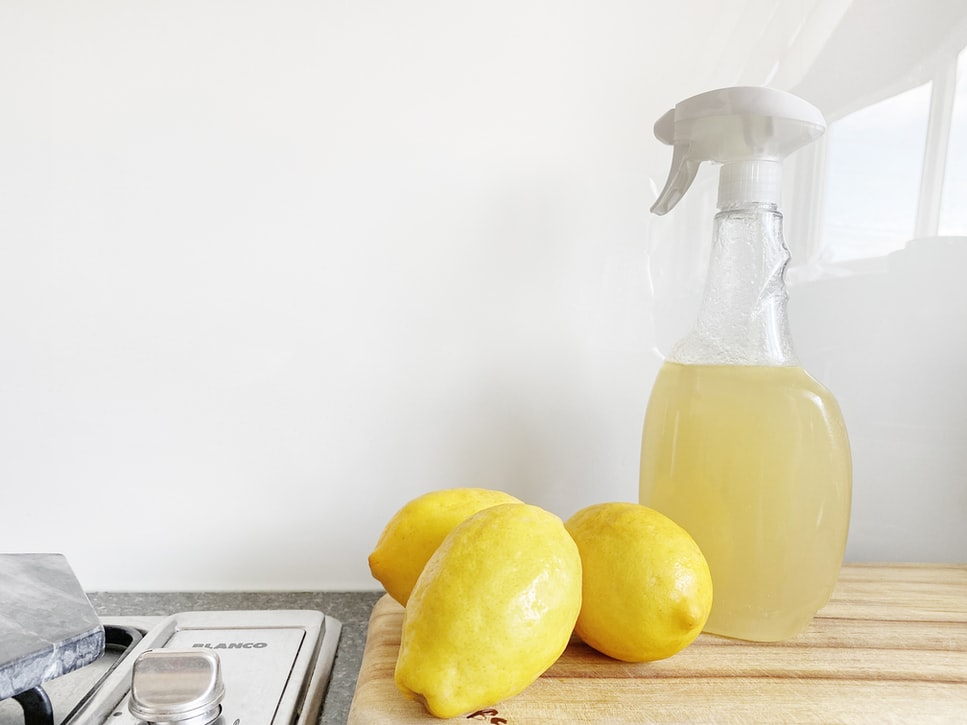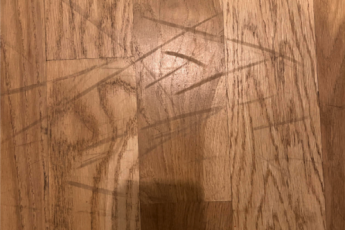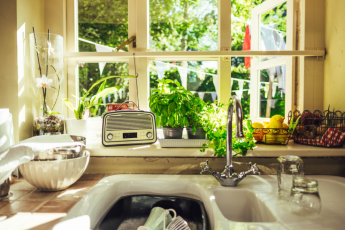How to Reduce Germs in the Kitchen

If there is one room in the house you want to keep the germs to a minimum, it is probably the kitchen!

Photos By: Stock Images
Of course, you don’t want germs anywhere, but the kitchen is a vital area to focus on germ reduction because of how easily bacteria, germs and viruses can come into contact with what you eat.
It is not just your health you have to worry about, but also the health of your family and friends. So, we have some helpful methods for getting rid of germs in your kitchen and keeping the germs to a minimum in what should be the most sanitary room in your house.
1. Wash Meat Safely
You may have been told that washing chicken is a good way to clean it up, getting rid of feces and bacteria on the meat. While this may have been necessary in the past, there are strict meat processing standards in place today that make this step mostly unnecessary. Is it still okay to wash chicken and other meats, though?
You should probably stop washing them, as you will likely spread germs rather than reduce them. Most people will wash their meat in the kitchen sink, and as the water splashes, it spreads germs all over the sink, countertops, dishes, and food preparation surfaces. It can be a germ spreader, and you should either use low water pressure or wash the meat away from the kitchen, if you are going to wash it at all.
2. Clean Up Every Day
How often do you clean your kitchen? If you want to keep the germs to a minimum, you should be cleaning it every day. A little cleaning in the kitchen each day goes a long way, keeping pests from taking as much interest in your kitchen and removing crumbs and spills that can develop into bad smells and mold. You don’t have to deep clean regularly, but sweeping the kitchen, washing the dishes, taking out the trash, and wiping down countertops on a daily basis will greatly reduce the number of germs in this space.
To help keep the kitchen clean, you can use a service to tidy up for you, hiring professional cleaners that will clean as often and as deeply as you need. That way, the work isn’t all on you.
If you are not able to clean the dishes after every meal, you can at least clean the food scraps off of them and then let them soak in soapy water until you are able to deal with them. This will reduce how strongly pests are attracted to your kitchen.

3. Deal with Pest Infestations
Speaking of pests, if you notice any in your kitchen, you should get rid of them as fast as possible. Pests like rats, mice, cockroaches, ants, and flies can carry germs into your kitchen and spread diseases. Keep an eye out for them and deal with the issue quickly.
You can put down traps, close up any spaces in the kitchen, keep the kitchen clean, and cover the trashcan to help get rid of and reduce pests. Hunt down their nests if possible, even if those nests are outside your home. If you are not able to get rid of the pests on your own, don’t hesitate to hire a pest control service so that the problem doesn’t get worse.
4. Clean Counters with Bleach
If you regularly wipe down your countertops, you can get rid of a lot of crumbs and spills that attract pests, but you aren’t killing any germs. That’s why you should be cleaning your countertops with a bleach solution.
Take a quart of water and add in a half teaspoon of bleach and you will have a powerful cleaner. This kills germs on contact, creating sanitized surfaces that you can feel good about. You can put your solution into a spray bottle or dip a cloth into the solution and then wipe down the counters. Follow that up with a wipe down using just water so that you aren’t getting bleach on your food and dishes. This leaves your counters incredibly clean and drastically reduces the number of germs in your kitchen.

5. Wash Dishes in Hot Water
Are your dishes being washed properly? It’s not enough to rinse them off and give them a wipe down. You want to use soap that kills germs and water that is hot enough to eliminate bacteria. This way, you are attacking microorganisms on two fronts, making it hard for them to exist on your dishes. Maybe hot water is hard for your skin to handle. If so, then you can fill the sink with very hot water and put your dishes in there to soak. Once the water has cooled a bit, you can then scrub the dishes clean. If you use a dishwasher, just make sure it uses a hot water cycle to clean the dishes for more effective germ killing action.
6. Clean between Food Prep
Do you use the same utensils from one kind of food to the next? You could be guilty of cross contamination. This means you are spreading germs from one kind of food to the next. Any surfaces you use to prepare raw food on should be cleaned between each kind of food you prepare there. This includes not just meat but also eggs and vegetables as well. These foods can all contain germs that would normally be killed as you cook or wash the food.
If you fail to clean utensils, serving dishes, and surfaces in between each item of food, though, then you can spread the germs from one to the other. That matters since foods are prepared at different temperatures and stored in different ways. By cleaning properly between each food, you cut down on cross contamination risks.
Do you do any of these already? Are there some you could start doing to make your kitchen a bit cleaner and safer?






